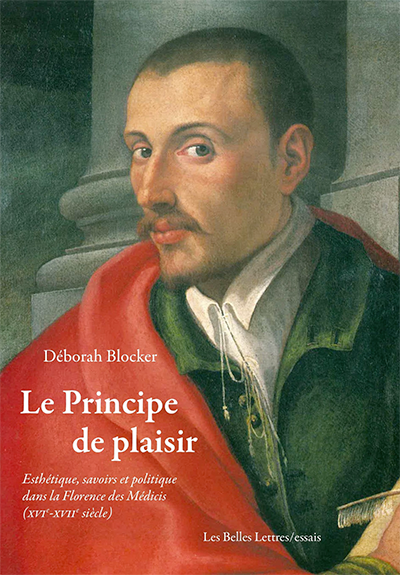
Le Principe de plaisir: esthétique, savoirs et politique dans la Florence des Médicis (XVIe-XVIIe siècle) tells several stories in one. On the one hand, that of one of the most original and productive academies of the late Florentine Renaissance, the Accademia degli Alterati (1569-ca. 1625). On the other hand, that of a restricted social group, made up of a few dozen young Florentine patricians whom the Medicis did not regard favorably because their ancestors had fought to maintain the oligarchic Republic. These young nobles made their academy a place where they could spend their leisure time and share their pleasures—artistic and otherwise—but also a collective where they could work together on their integration into Medicean court society. Between 2008 and 2018, Blocker researched the social and political circumstances in which new conceptions and uses of the “arts” emerged in the academic culture of late Renaissance Florence, through an in-depth archival study of the Accademia degli Alterati.
Thirdly, this book tells the story of a body of documents, now dispersed, but which once formed the basis of all the activities of the “Altered.” These thousands of folios of documents, and very largely unexplored—contain academic speeches, letters, activity registers, dialogues, collectively corrected poems, etc. Their analysis makes it possible to follow the day-to-day activities of the Alterati for nearly six decades, and to examine, through the material form that their work took, how collective intellectual horizons emerged within them, over the course of their debates.
Through the constant intertwining of these three stories, this book finally tells a fourth: that of the actions, activities and discourses which, within the academy of the Alterati, participated in the constitution of the aesthetic in knowledge (and in know-how) of a new type. Through the case of the Alterati, this book thus raises the question of the formalization of the aesthetic knowledge and practices that are ours today—and that of the links between their emergence and the rise of modern political authoritarianism, within early modern European aristocracies.
[translated from publisher’s site]
Déborah Blocker is professor of French and affiliated faculty in Italian Studies at UC Berkeley. She specializes in the social and political history of literary practices in early modern France and Italy, with a particular interest in theater, learned societies (academies), the history of philology and the history of early modern aesthetics. Her research relies heavily on the history of the book, as well as on manuscript studies. Her earlier work Instituer un ‘art’: politiques du théâtre dans la France du premier XVIIe siècle (Paris, Champion, 2009) examined the social and political processes through which early modern French theater was instituted into an art (1630-1660). This project led her to develop a larger curiosity for the social and political constitution and circulation of discourses on poetry and the arts in early modern Europe (1500-1900).

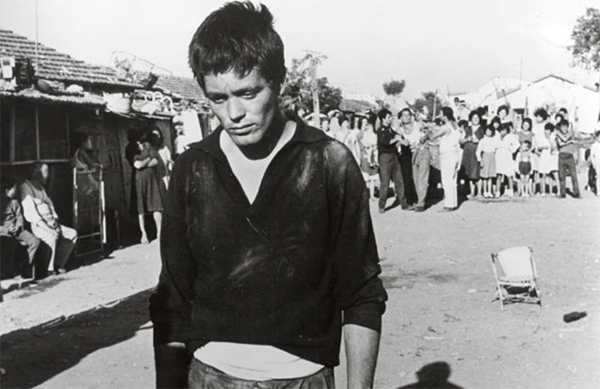




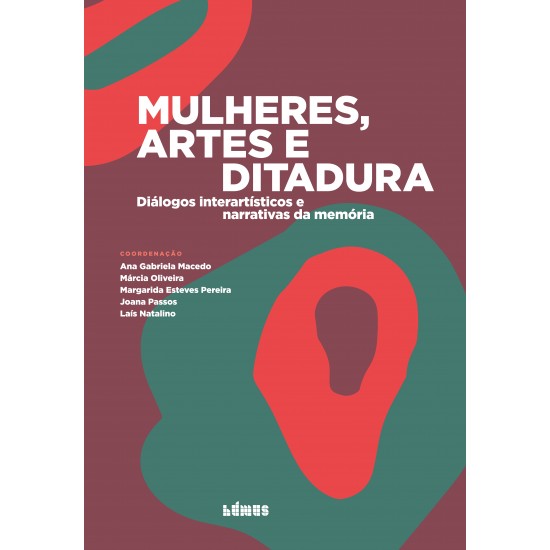
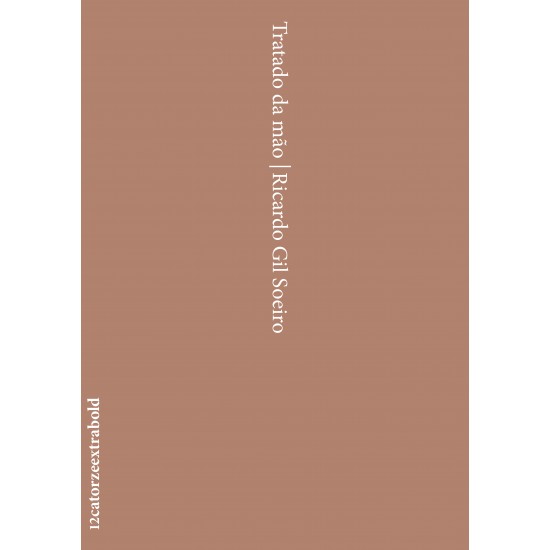


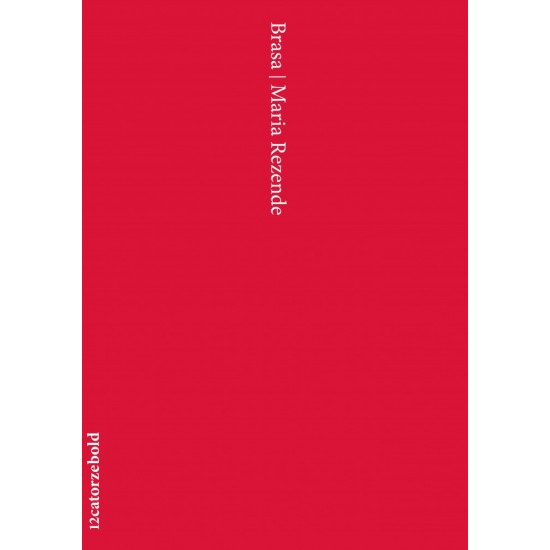
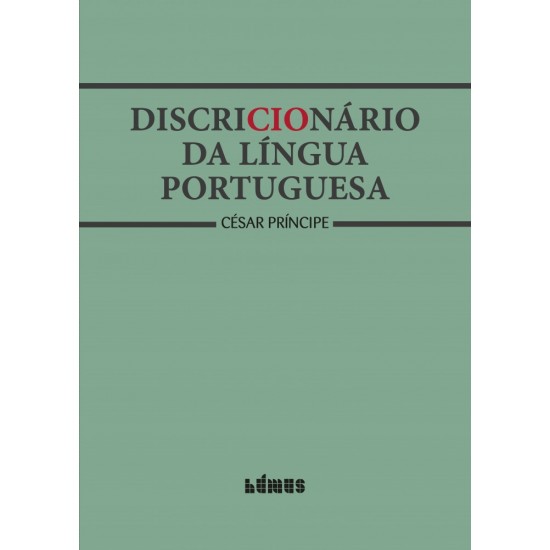




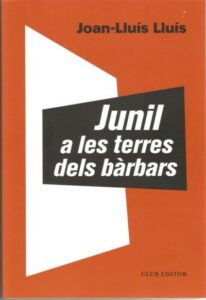

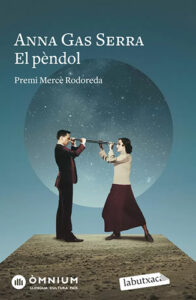
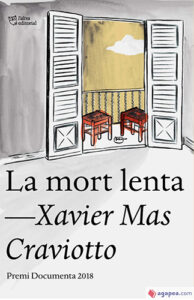
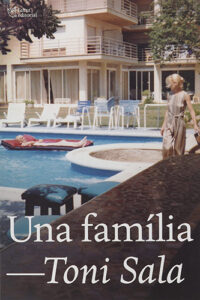
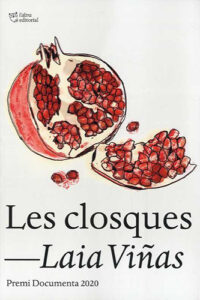
 And don’t forget to check out the
And don’t forget to check out the ![[book cover]](https://update.lib.berkeley.edu/wp-content/uploads/2022/06/tarica.png)
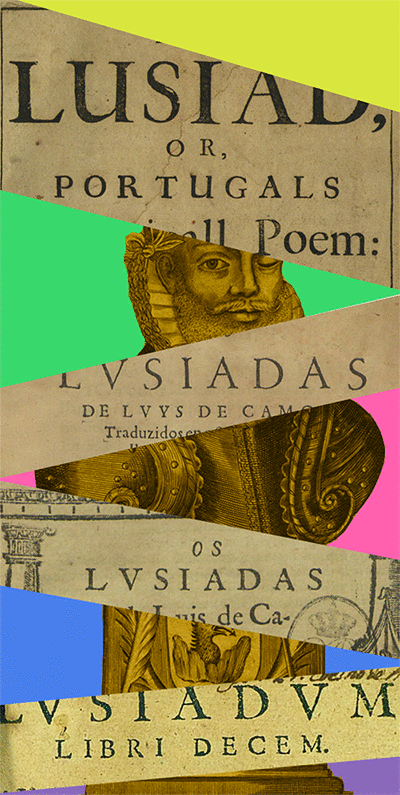
![Cheerfulness [book cover]](https://pup-assets.imgix.net/onix/images/9781942130604.jpg?w=600&auto=format)
![What Proust Heard [book cover]](https://press.uchicago.edu/.imaging/mte/ucp/medium/dam/ucp/books/jacket/978/02/26/81/9780226816678.jpg/jcr:content/9780226816678.jpg)